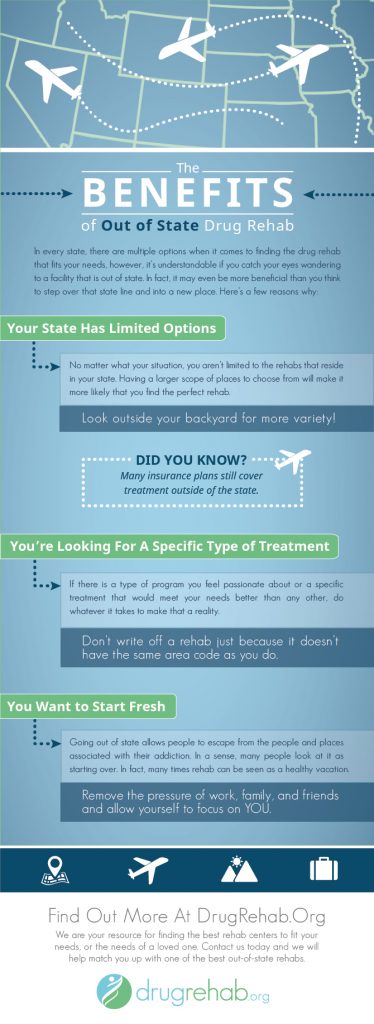Discover The Value Of Post-Treatment Treatment In Substance Misuse Rehab For Sustained Healing. Discover Just How Supportive Networks Can Assist In Maintaining Soberness And Creating A Significant Presence
Discover The Value Of Post-Treatment Treatment In Substance Misuse Rehab For Sustained Healing. Discover Just How Supportive Networks Can Assist In Maintaining Soberness And Creating A Significant Presence
Blog Article
Composed By- more resources can not do it alone. Recovery from drug addiction needs a strong support system.
The significance of aftercare in drug rehab can not be overemphasized. In this article, we will certainly check out the function of counseling, the advantages of therapy, and the structure offered by peer support system in keeping sobriety.
So, get hold of a cup of coffee, kick back, and let us guide you via the critical steps of post-rehabilitation assistance.
The Duty of Therapy in Aftercare
If you want to preserve your sobriety after leaving rehab, it's vital that you continue joining counseling sessions as part of your aftercare strategy.
Counseling plays an important role in your recuperation journey by supplying continuous support, advice, and a risk-free space to share your feelings and problems.
Through counseling, you can resolve any kind of underlying concerns that may have contributed to your addiction, create dealing approaches, and find out healthier means to manage stress and anxiety and yearnings.
It permits you to overcome any type of unsettled feelings and develop a far better understanding of yourself and your triggers.
The Advantages of Therapy in Keeping Sobriety
To keep your soberness, treatment can provide many advantages.
- Treatment provides a safe room for you to discover and attend to the underlying issues that might have contributed to your addiction.
- It enables you to overcome your feelings and create much healthier ways of managing tension and activates.
- Via therapy, you can get a better understanding of yourself and your patterns of actions, which can help you make favorable changes in your life.
- Additionally, treatment supplies you with a support system of professionals who are trained to direct and assist you on your journey to recuperation.
- They can use valuable insights, devices, and techniques to help you navigate the challenges that might occur.
- In treatment, you can find out to create healthy coping abilities, construct durability, and enhance your total health.
Peer Support System: A Structure for Lasting Recovery
You can find lasting recuperation by actively taking part in peer support system and connecting with others who share similar experiences and objectives.
Muse How Drug Addiction Affects Families And Friends 91126 offer a risk-free and non-judgmental space where individuals in healing can integrate to share their battles, successes, and understandings. By proactively joining these groups, you can obtain the support and encouragement you require to remain on the course of healing.
Getting in touch with others that've gone through similar experiences can be exceptionally encouraging, as it aids you understand that you aren't alone in your trip. It also allows you to pick up from others who have actually efficiently overcome comparable obstacles. Together, you can celebrate turning points, hold each other responsible, and deal support and advice.
Through these connections, you can construct a solid support system that will certainly assist you browse the ups and downs of healing and ultimately locate long lasting recovery and makeover.
Conclusion
You've found out about the critical role of aftercare in drug rehab. Therapy, therapy, and peer support system contribute to lasting recuperation. Below's a shocking figure to realize the magnitude of the issue: research studies show that people that get aftercare treatment are 50% most likely to preserve sobriety contrasted to those that do not.
So, imagine the transformative power of these support systems in helping people recover their lives and construct a brighter, drug-free future.
